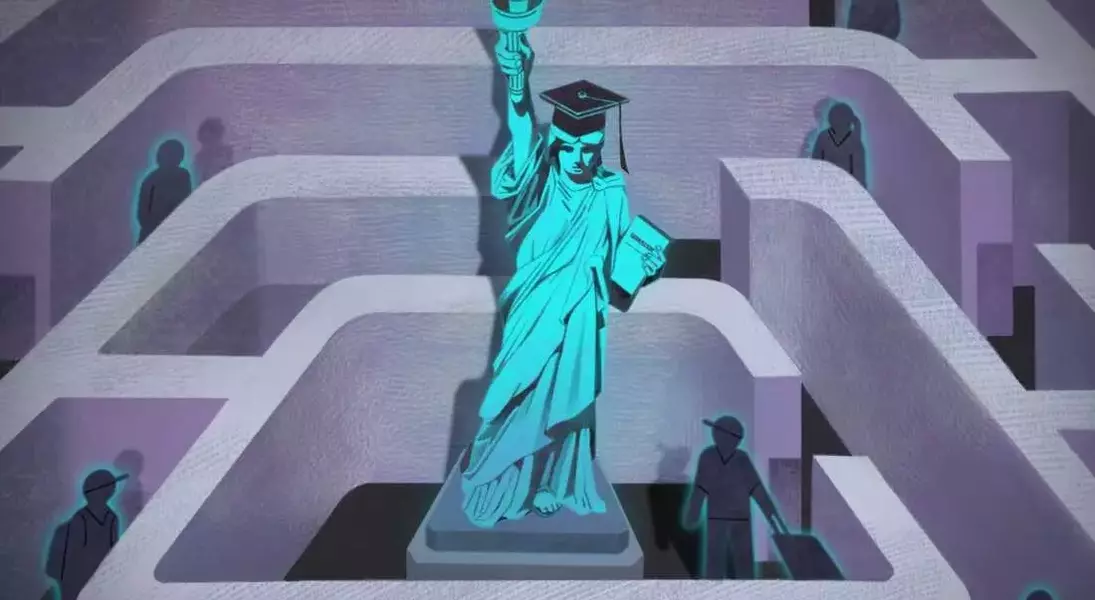
American higher education institutions are observing a notable decrease in the admission of international students this fall, a shift largely attributed to recent adjustments in visa regulations and more rigorous screening procedures. This downturn has created significant challenges for universities across the nation, impacting not only their diverse student populations but also carrying economic ramifications for the United States.
Many prospective international students encountered formidable obstacles in securing their visas, leading to substantial delays or outright inability to commence their studies as planned. For instance, the University at Buffalo registered approximately 750 fewer international students than anticipated, with many unable to obtain timely visa appointments. This situation forced some to explore educational opportunities in countries like the United Kingdom or to postpone their enrollment to future semesters, underscoring the profound personal and academic disruptions caused by the stricter visa environment. The Association of International Educators estimates a nationwide drop of about 150,000 new international students, potentially costing the U.S. economy billions and impacting job creation.
While the federal government's stance on international students has shown mixed signals, with some officials emphasizing national security and others acknowledging the benefits of foreign talent, the impact on universities is clear. International students not only enrich campus life with their diverse cultural perspectives but also provide significant financial contributions through tuition, which can support domestic students and stabilize university finances. Despite the overall decrease, some institutions like the University at Buffalo maintain a substantial international student body and continue to welcome qualified applicants, emphasizing that foreign students do not displace American ones. The presence of international students is vital for fostering a globally-aware academic environment and sustaining the financial health of many educational programs.
Embracing a global perspective in education is crucial for fostering innovation, cultural understanding, and economic prosperity. The challenges currently faced by international students seeking education in the U.S. highlight the importance of clear, consistent, and welcoming policies that recognize the immense value they bring. By facilitating access and ensuring a supportive environment, the nation can uphold its reputation as a leading destination for global talent, enriching society and strengthening international ties.
